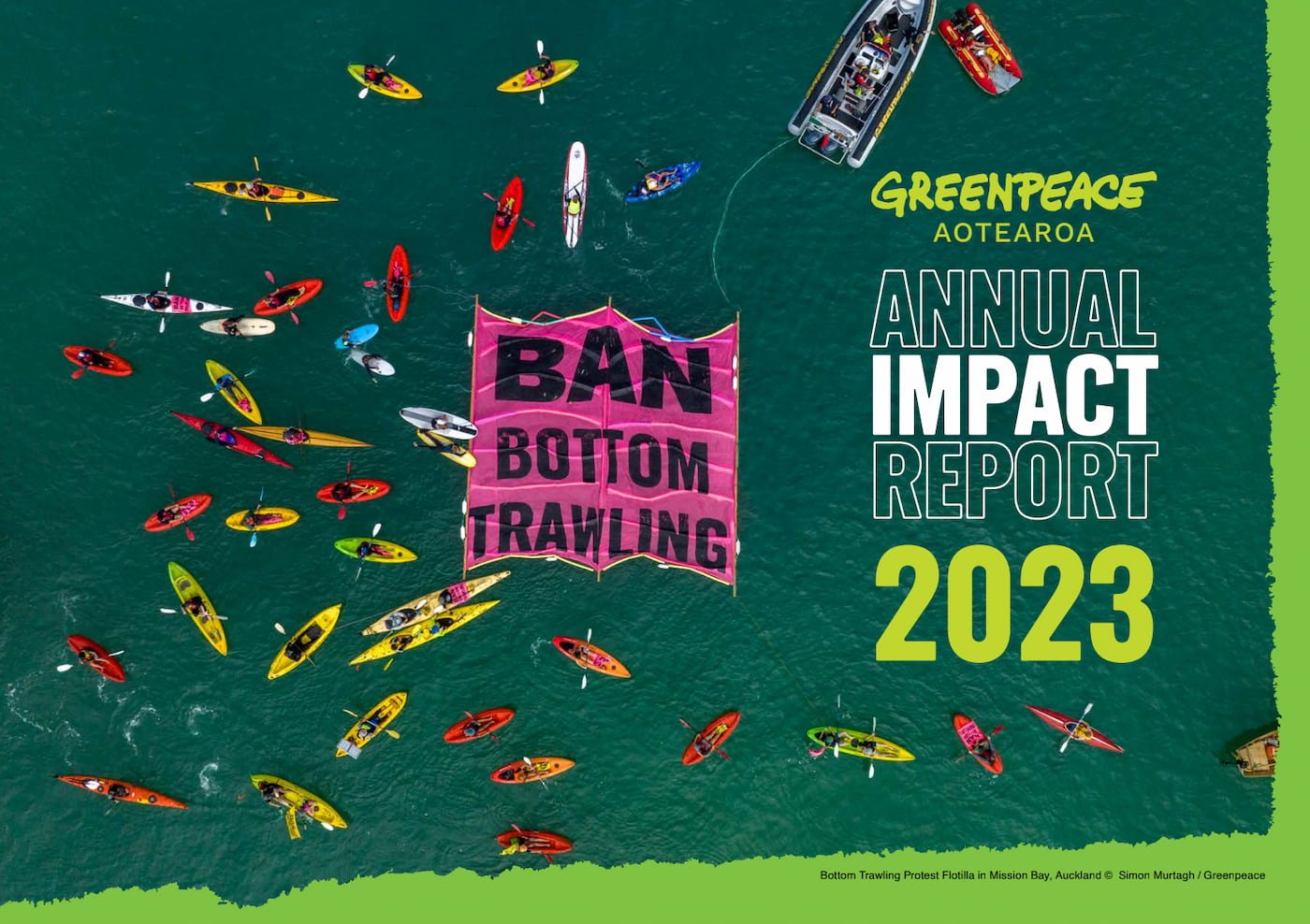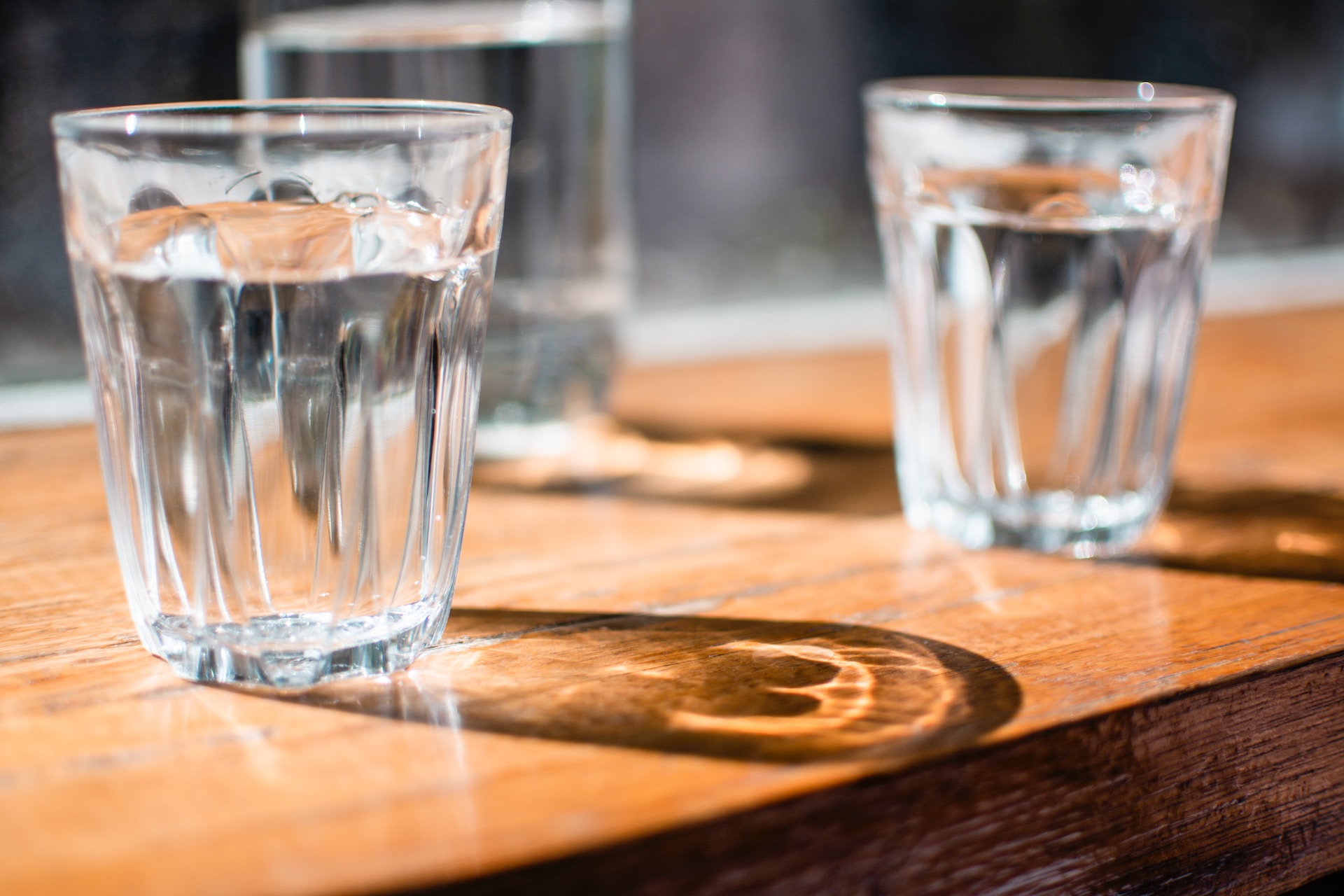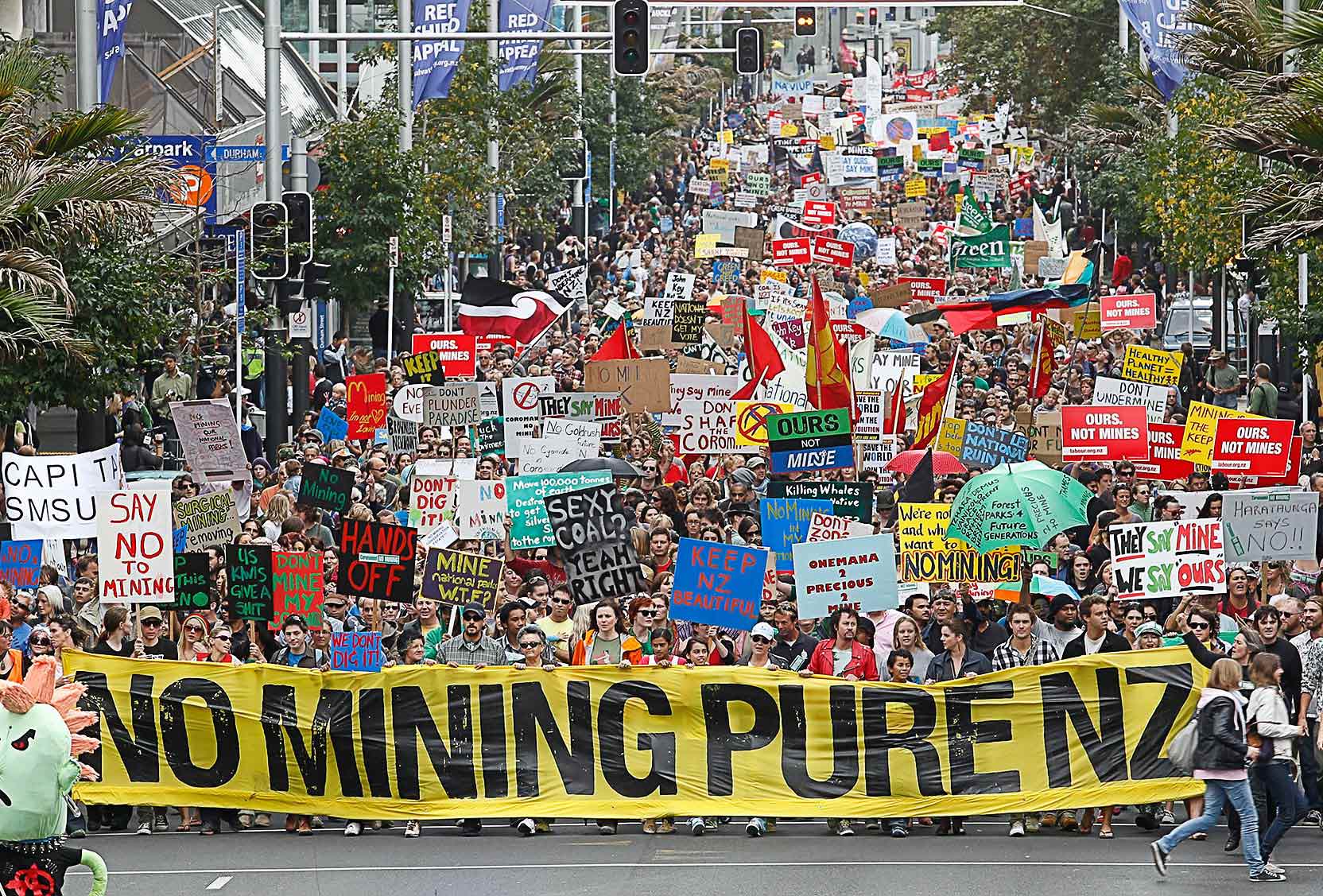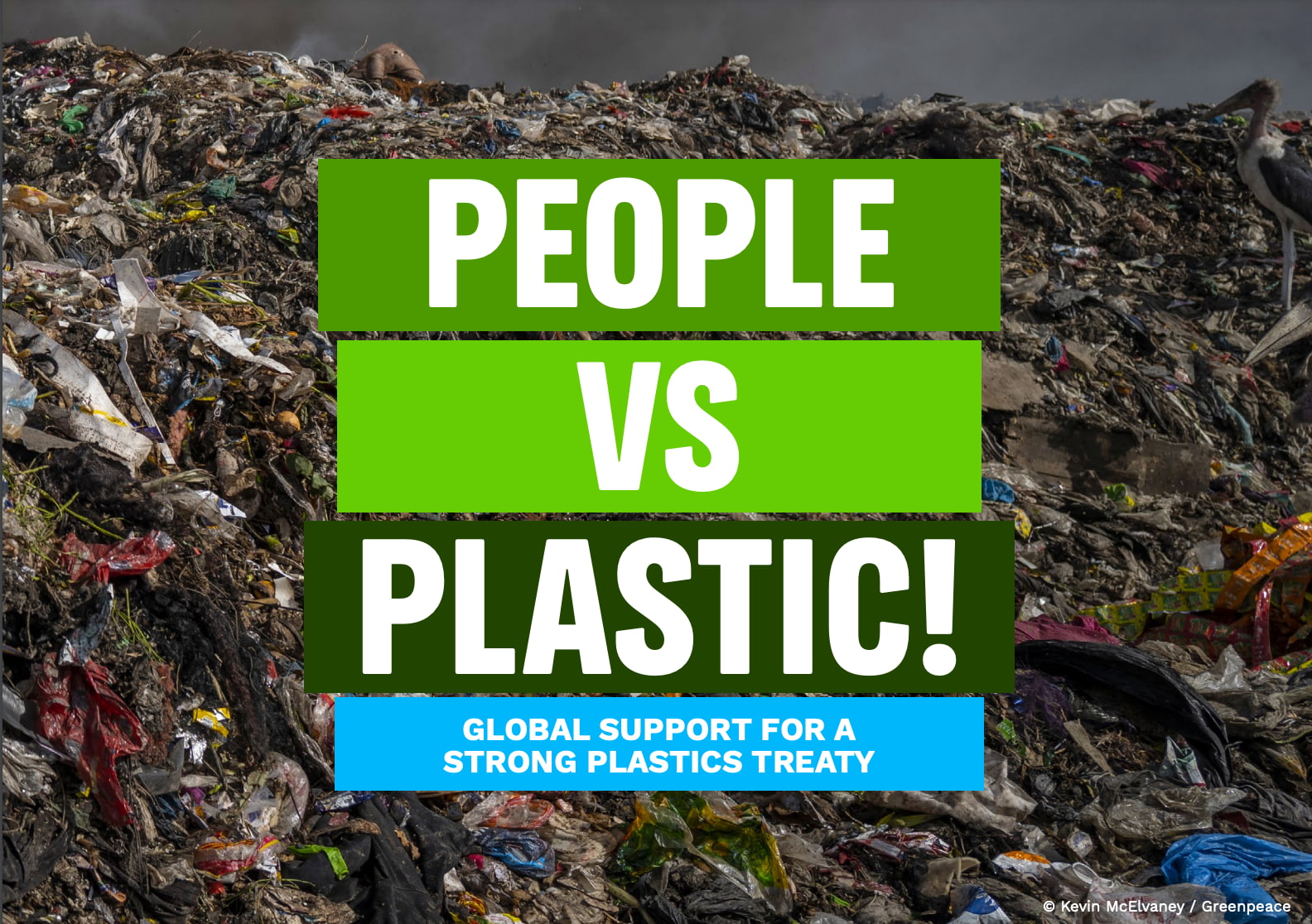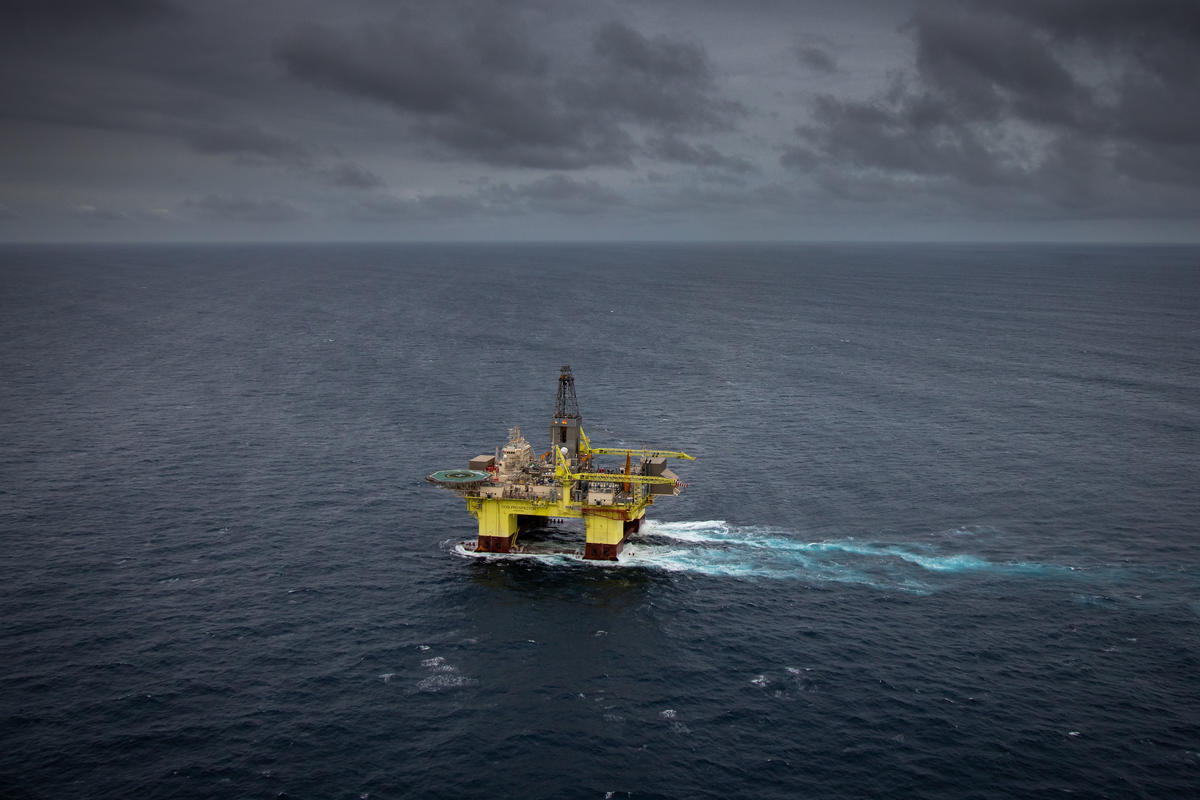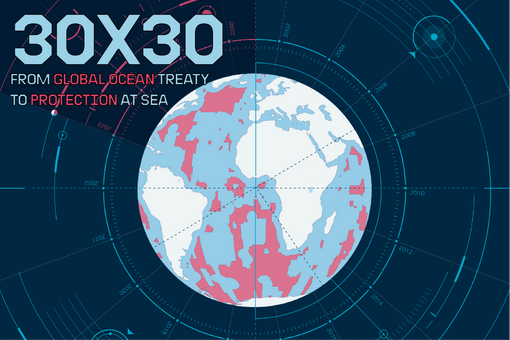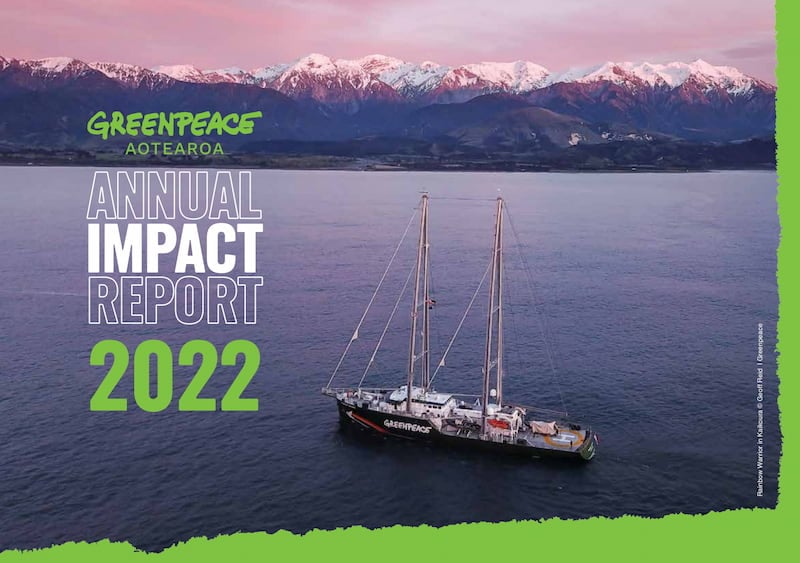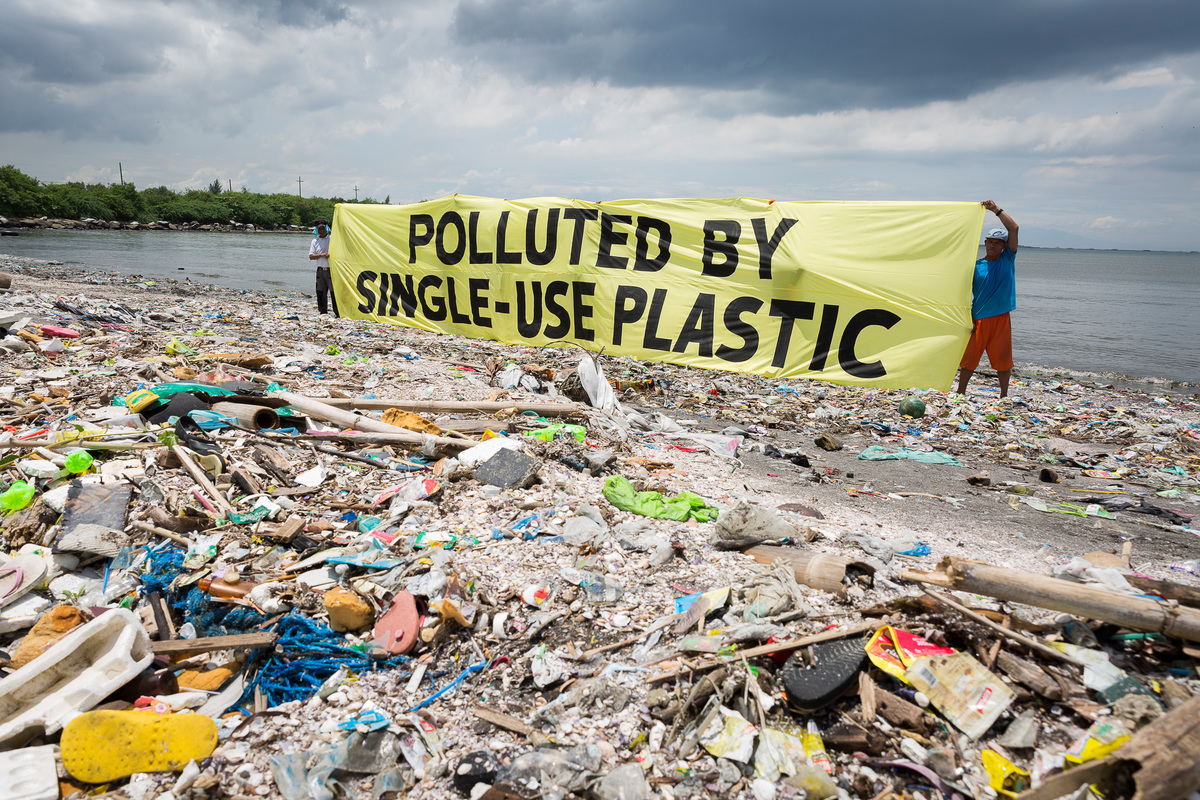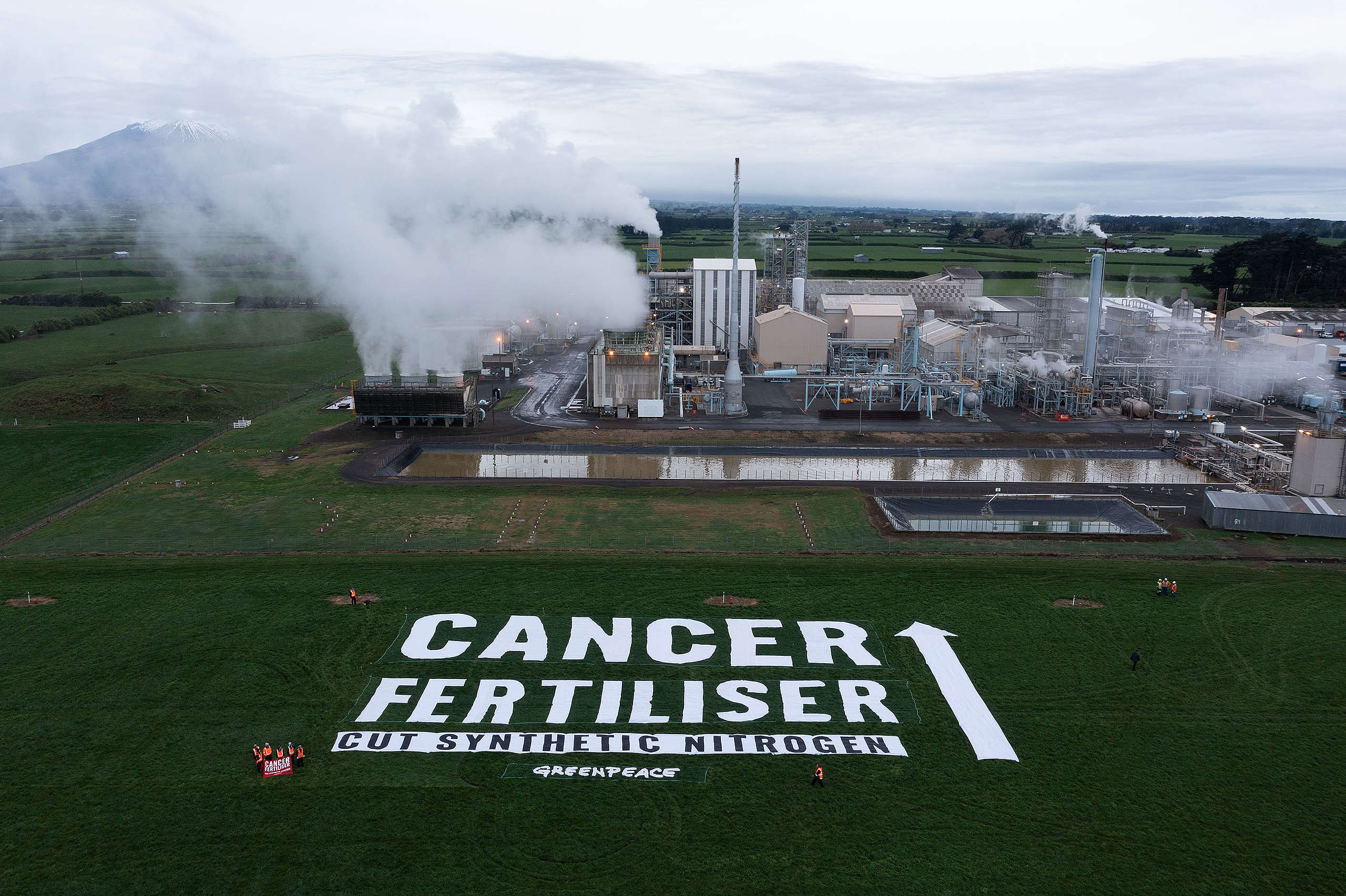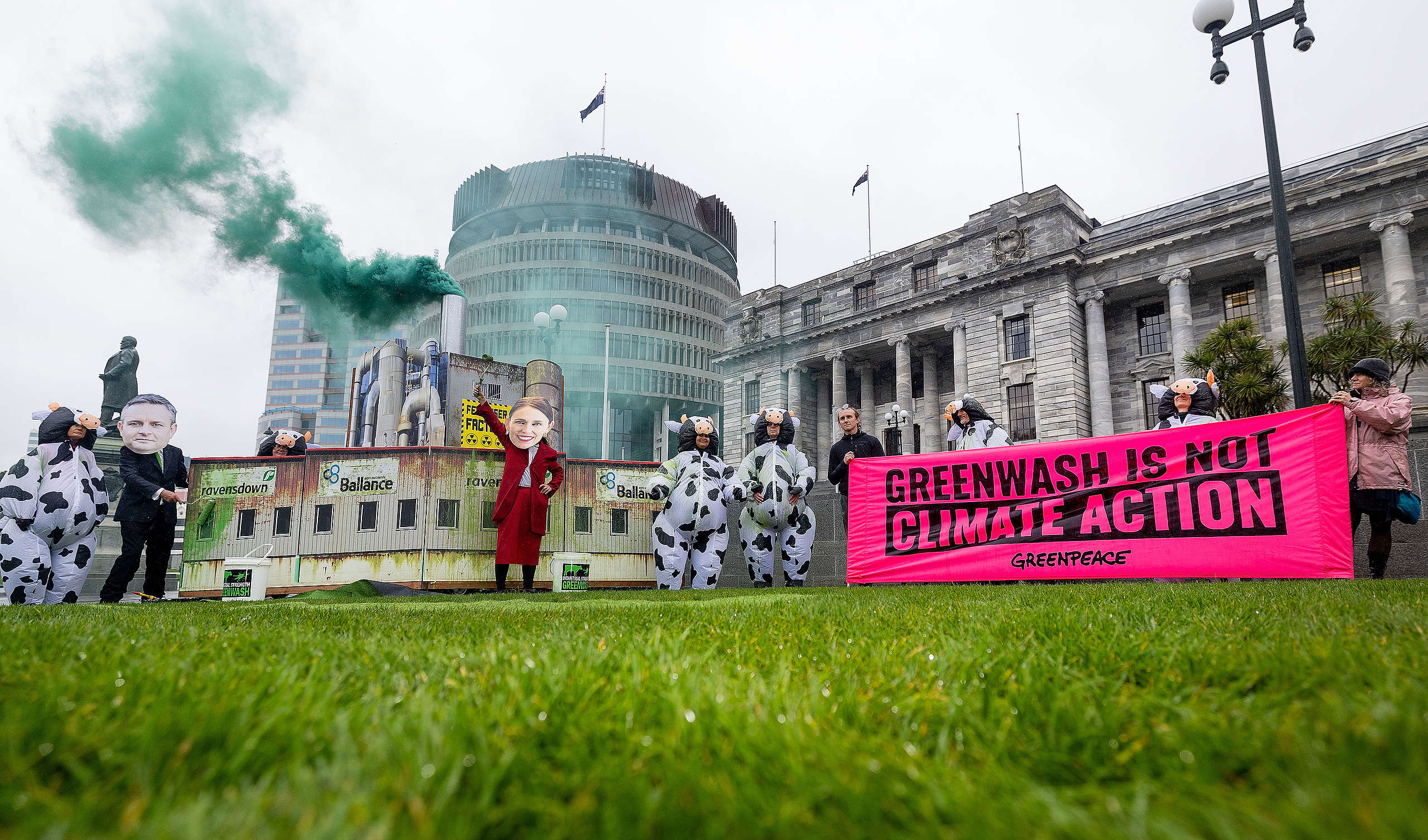All articles
-
2023 Annual Impact Report
One of the defining features of progressive policy change is its two-steps-forward-one-step-back nature. And so it was in 2023.
-
EXPERT BRIEFING: Govt undoing protections for drinking water safety
After the world’s largest recorded campylobacteriosis outbreak occurred in Havelock North in 2016, the National-led Government established a formal inquiry into what went wrong and lessons for the future. This…
-
Greenpeace submission on the Fast-track Approvals Bill
Greenpeace strongly opposes the Fast Track Approvals Bill. The draft legislation is anti-democratic, anti-transparency and creates vulnerability to corruption. It lacks any semblance of environmental protection, and in fact, removes existing protections.
-
People vs Plastic Report
The results of this survey demonstrate that there is overwhelming public support for the Global Plastics Treaty to cut plastic production, end single-use plastics and advance reuse-based solutions.
-
Open letter to the global oil and gas industry
You are not welcome in Aotearoa and we will resist new oil and gas exploration.
-
30×30: From Global Ocean Treaty to Protection at Sea
This report details the cumulative threats facing our oceans and includes a new global analysis of high seas fishing activity. It details how ocean warming, acidification, pollution and the emerging…
-
2022 Annual Impact Report
One of the enduring human experiences is the feeling that often the big things are out of our control. The feeling that the ‘system’ is making us an object in the great story of the world, rather than a subject with real choices and agency.
-
Intergovernmental Negotiating Committee (INC-2) to discuss Global Plastics Treaty
The Intergovernmental Negotiating Committee (INC-2) for the Global Plastics Treaty is taking place in May of this year. This is the second session of negotiations towards establishing a Global Plastics Treaty.
-
Greenpeace notice of appeal against Hiringa hydrogen-to-urea Energy
Have a read of Greenpeace's appeal, backed by the hapū of Ngāruahine in South Taranaki.
-
Greenpeace submission on the government’s agricultural emissions pricing consultation
Read Greenpeace's submission on the government's agricultural emissions pricing consultation

